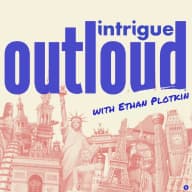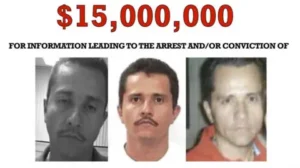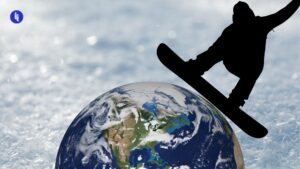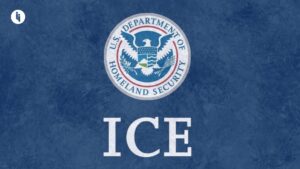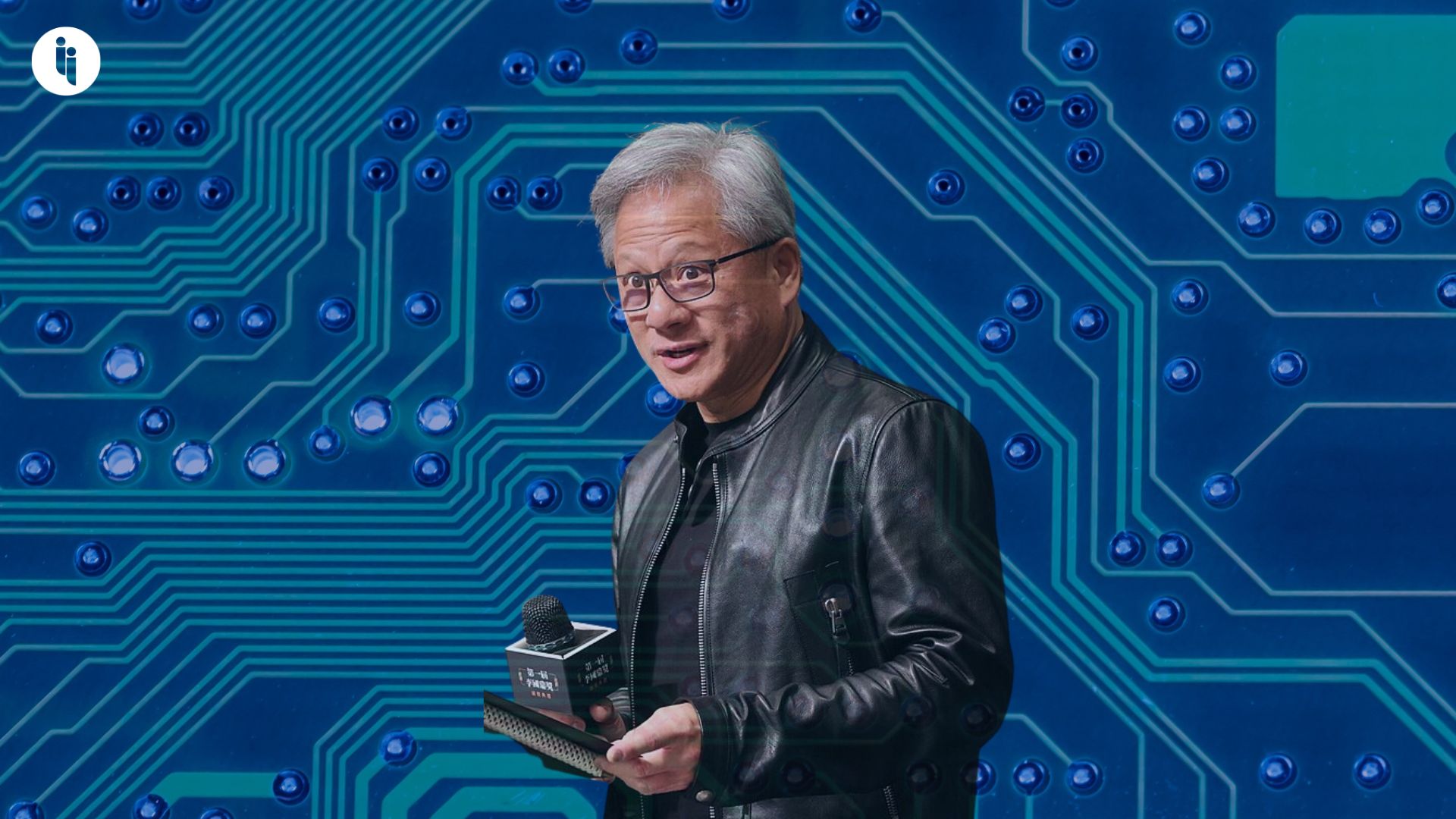In the upper wings of the Taipei Music Center yesterday (Monday), two elderly locals watched as their son, Nvidia’s founder Jensen Huang, announced he’s doubling down on Taiwan.
And while folks were there for the Computex trade show, they saw something else: Huang emerging as the kind of 21st century CEO with more clout than many world leaders.
Why? Four reasons:
Stay on top of your world from inside your inbox.
Subscribe for free today and receive way much more insights.
Trusted by 160,000+ subscribers
No spam. No noise. Unsubscribe any time.
- Taiwan
Huang dropped the sort of dramatic CGI video Michael Bay would’ve been proud of for his sixth Transformers film, all to unveil Nvidia’s new…
- “Constellation” — its massive new hub in northern Taipei, as well as a new…
- “Giant AI supercomputer” in partnership with Taiwan’s chipmaker (TSMC), electronics giant (Foxconn), and the government of Taiwan itself.
Why? For him, Taiwan is the “the centre of the computer ecosystem.”
And that message is not just sentimental as Huang’s birthplace, or commercial for Taiwan’s semiconductor dominance. It’s also geopolitical, given this democracy sits at the heart of the US-China tug-of-war that’ll shape our century.
In fact, Taiwan openly describes its chip-making sector as a ‘silicon shield’ that both a) deters China from invading, and relatedly b) incentivises the US to help Taiwan (because both depend heavily on Taiwanese chipmaking).
So Jensen Huang basically just announced he’s bolstering Taiwan’s shield, after…
- Huang’s surprise visit to China
Just a month ago, Huang showed up unannounced in China, days after President Trump effectively banned Nvidia from selling H20 chips there — and quick refresh, but the slower H20 only exists because Huang specifically designed it to comply with Biden’s export rules (it’s all about preventing China from closing this tech gap with the West).
So basically Biden narrowed Huang’s goalposts, then Trump yoinked them, costing Nvidia a million H20 sales a year at $12-$15k a pop (so we’re talking a ~$15B hit overnight)!
That’s why Huang suddenly appeared in China: after publicly acknowledging he’ll of course comply with US rules, he wanted to privately re-assure local clients.
But when Washington then starts to get antsy…
- Huang shows up in Congress
Appearing in DC a couple of weeks ago, he variously told lawmakers that China is “right behind us”, “if we step back, others will step in“, and “leadership in AI depends not just on what we restrict – but on what we enable”. His point? By cutting China’s access to US chips, DC was just accelerating China’s own self-sufficiency as a serious competitor.
So Huang also announced a $500B commitment to invest in US-based AI infrastructure over the next four years, not only to back his argument that the US should compete rather than block, but also presumably in hopes Trump might reconsider his H20 ban.
But while Trump still doubled-down on that ban, he offered Huang something else…
- A trip to the Middle East
Huang was one of the 60 or so other top executives who joined Trump’s whirlwind tour through the Gulf last week, and was with Trump when he made his major announcement in Abu Dhabi: the world’s biggest AI campus outside the US, featuring Nvidia’s top chips.
That was a big deal because it meant Trump was unwinding Biden’s ‘AI diffusion rules’, which regulated who got what US chips. Huang had been dunking on those rules as stifling American innovation (of course, they were also bad for Nvidia’s bottom line).
Meanwhile, the trip also helped Huang diversify Nvidia away from the US-China tug-of-war and build goodwill with other US-friendly players that a) have cash and b) want chips.
Agree with the guy or not, that is some legit CEO diplomacy, and it’s shaping our world.
Intrigue’s Take
CEO-world leader ties are such a wild, symbiotic, and often frenemy vibe:
- Trump needs Huang as the world’s AI chip guru, as that gives the US leverage
- But he also needs to avoid Huang’s progress benefiting rivals like China
- Ditto, Huang needs to play ball with Trump, who can (and just did) burn billions
- But Huang also has his own agency, whether it’s tweaking his chips to fit each US rule, exploring a new R&D hub in Shanghai to signal his commitment (if also rattle DC), or announcing the kind of major US tech investment in Taiwan that might just nudge cross-Strait calculations a smidge away from war.
But longer term, this looks tough for Huang unless the US rethinks its strategy: as Huang offers China slower chips to comply with each new US rule, he just narrows the gap until China’s home-grown alternatives step in and use that revenue to fuel their own R&D. And that’s probably why he’s urging the US to change tack now.
